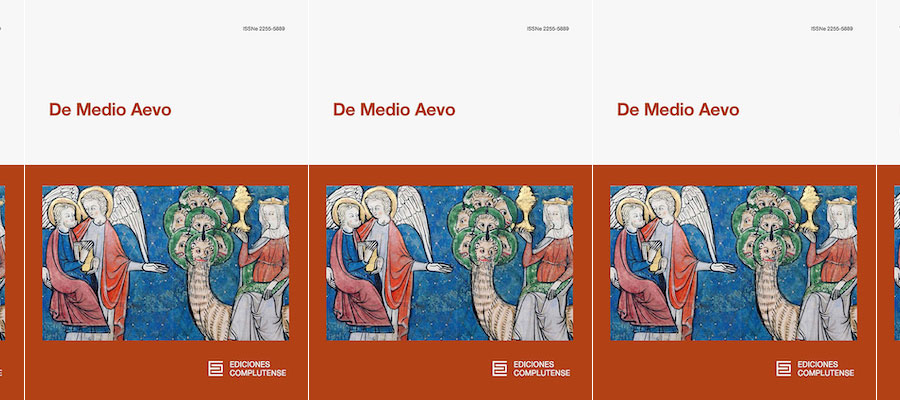Moral Meteorologies. The interpretation of celestial phenomena and climate anomalies in the global Middle Ages, special issue of De Medio Aevo
Guest Editor: Johannes Preiser-Kapeller, Austrian Academy of Sciences
Celestial phenomena have fuelled the fantasy of human observers since most ancient times. Similar attention was paid to the vicissitudes of weather which were decisive for the crop yield and the very survival of agrarian communities. In various cultures, all types of celestial and atmospheric phenomena (in ancient Greek, “meteora”) were interpreted not only as physical occurrences, but as portents, whose characteristics, frequency and impact were linked to divine interventions, the legitimation of rulers, the moral qualities of elites and other social strata, and the fate of a polity at large.
The monographic topic of this issue invites studies on all cultures of the global Middle Ages in Afro-Eurasia, the Americas and Oceania. Of special interest are papers comparing various interpretative frameworks of “moral meteorologies” across regions, religions, languages and cultures and/or integrating historical and archaeological evidence with findings from historical astronomy, palaeoclimatology and the natural sciences.
Articles may be written in English, French, German, Italian, Portuguese or Spanish. The articles have a maximum length of 25 pages, equivalent to about 75,000 characters, including spaces, abstract, footnotes, and references (sources and bibliography).
Abstracts due February 15, 2023. The deadline for full papers is November 30, 2023. Submitted articles will undergo peer review.
